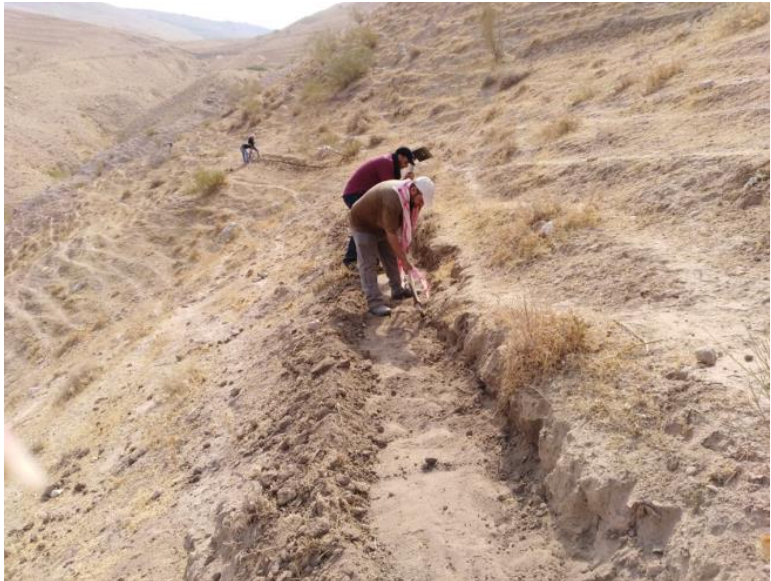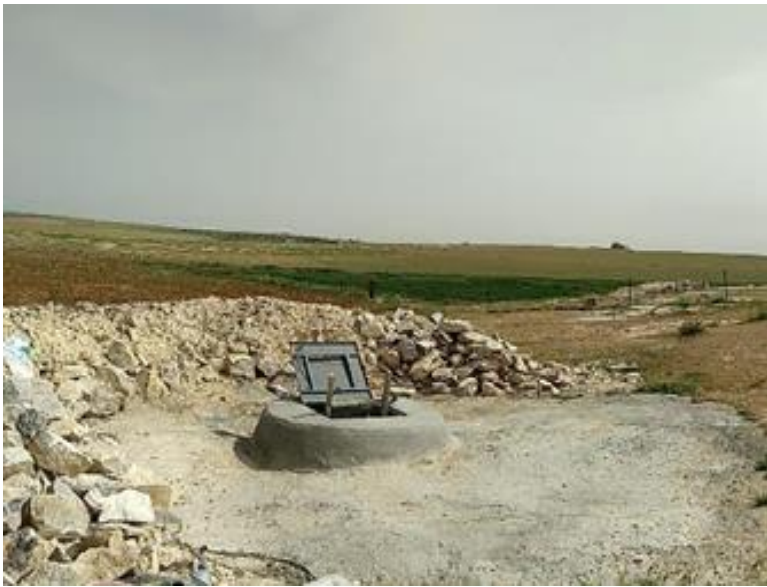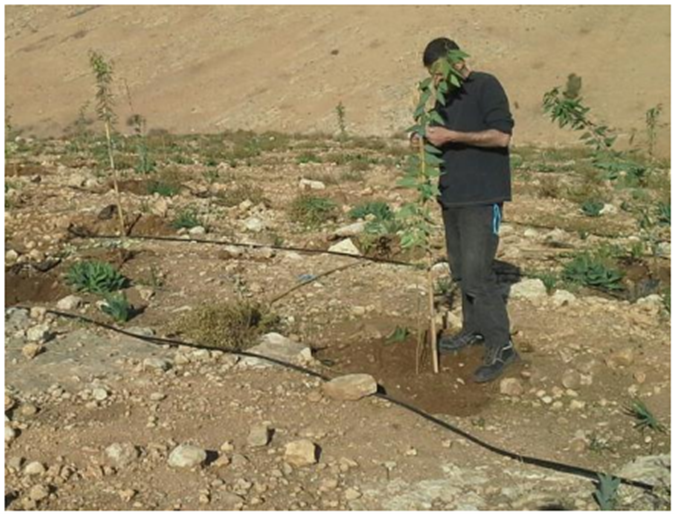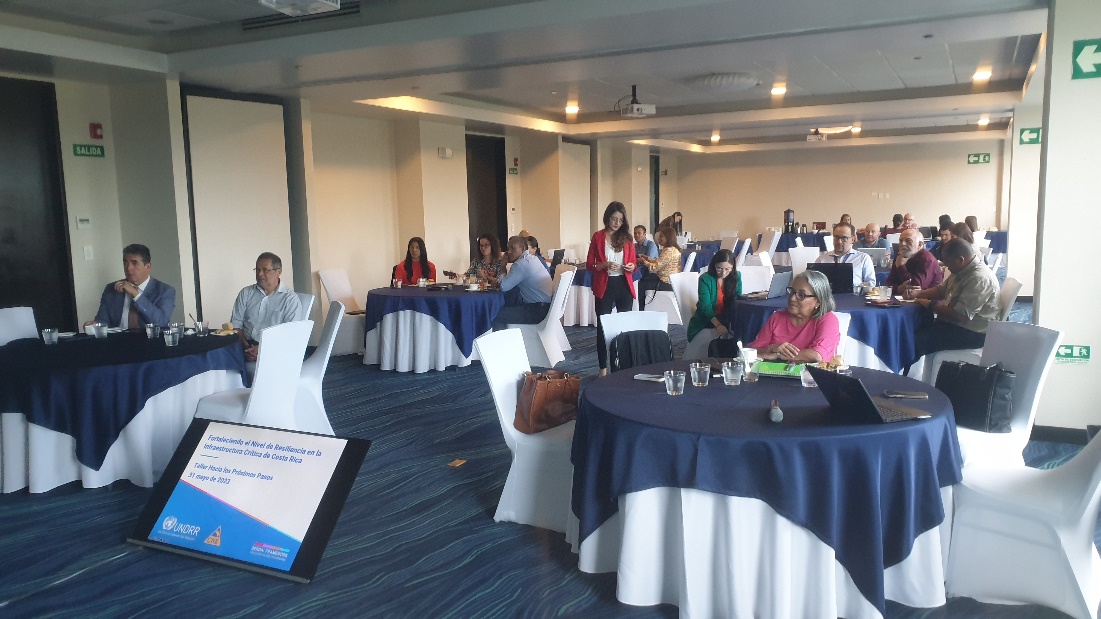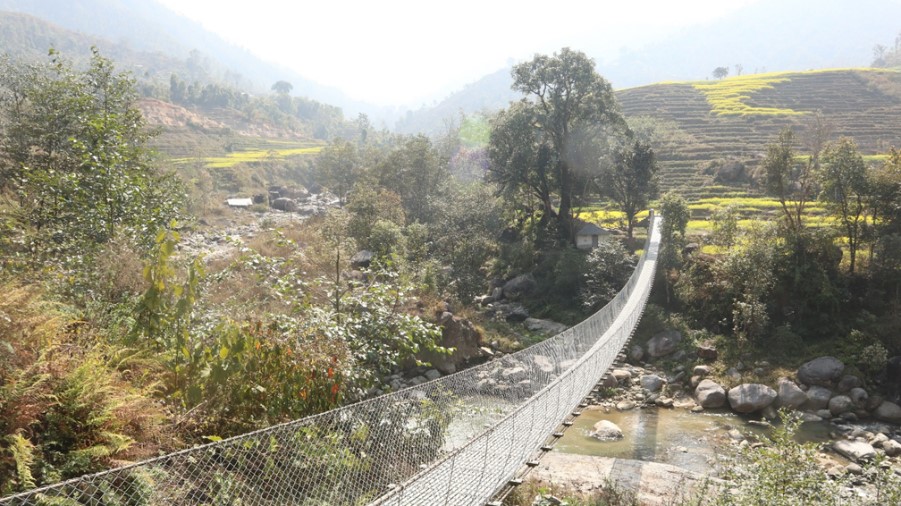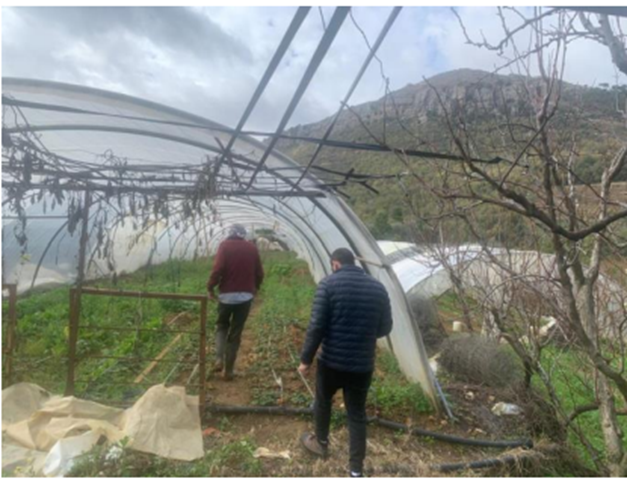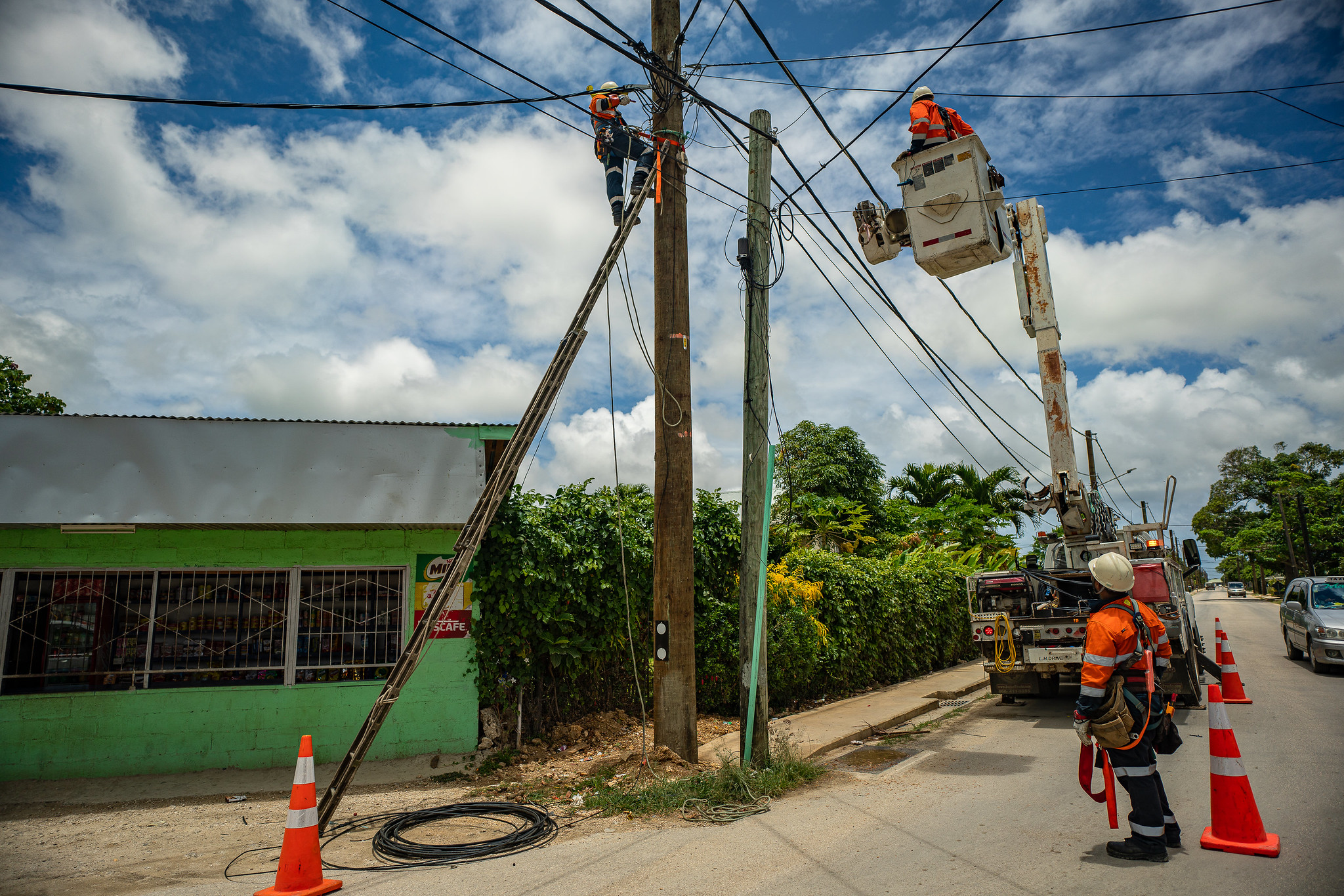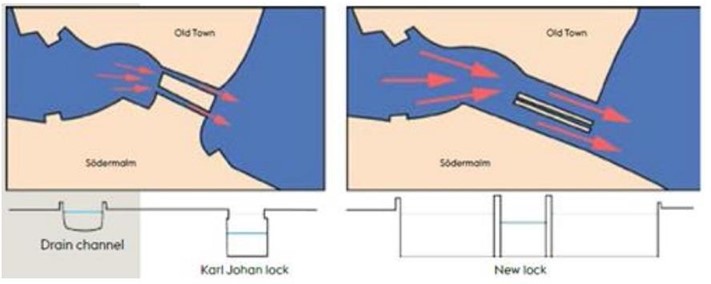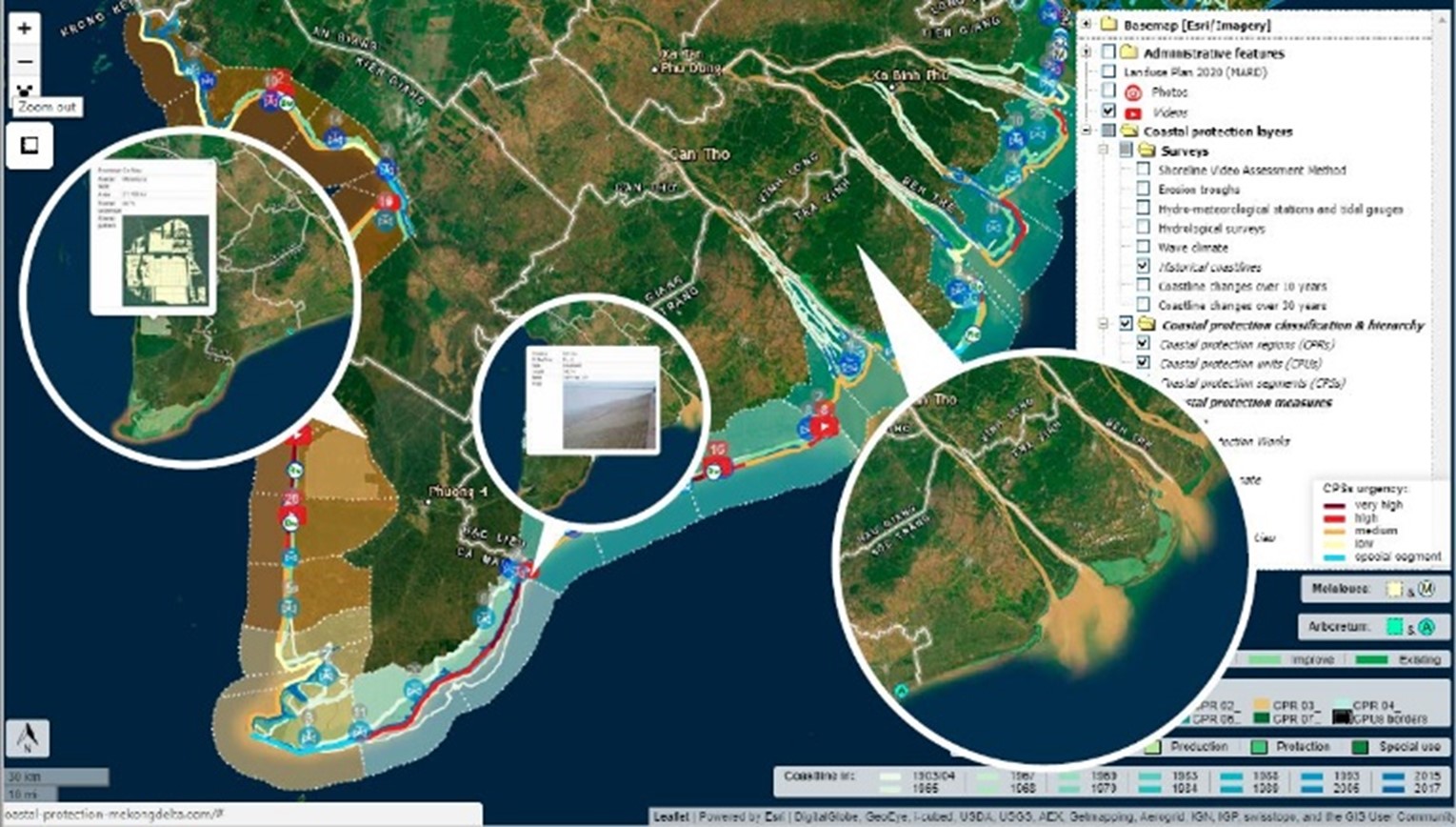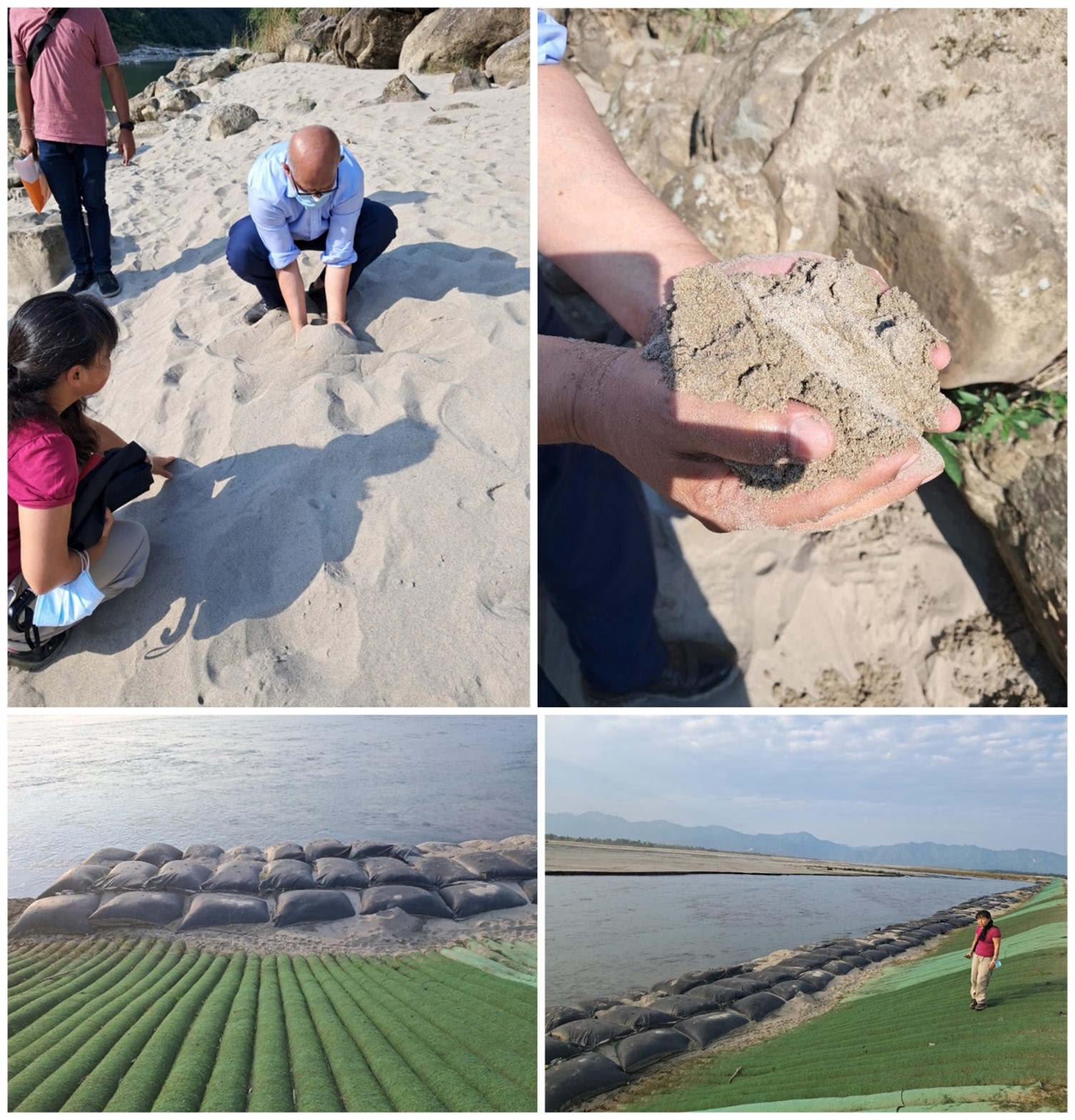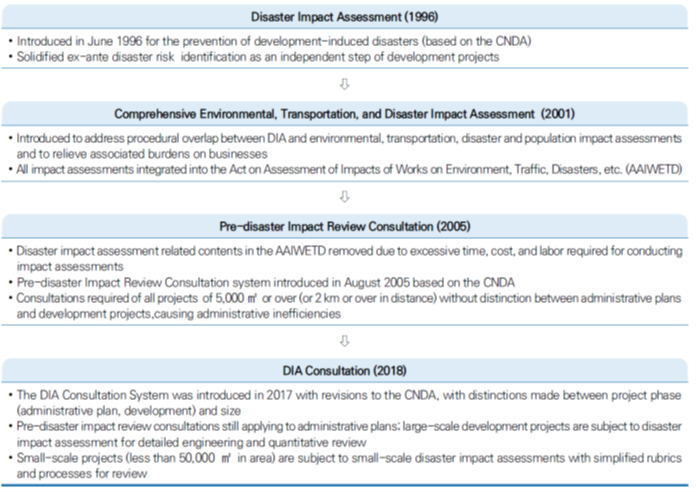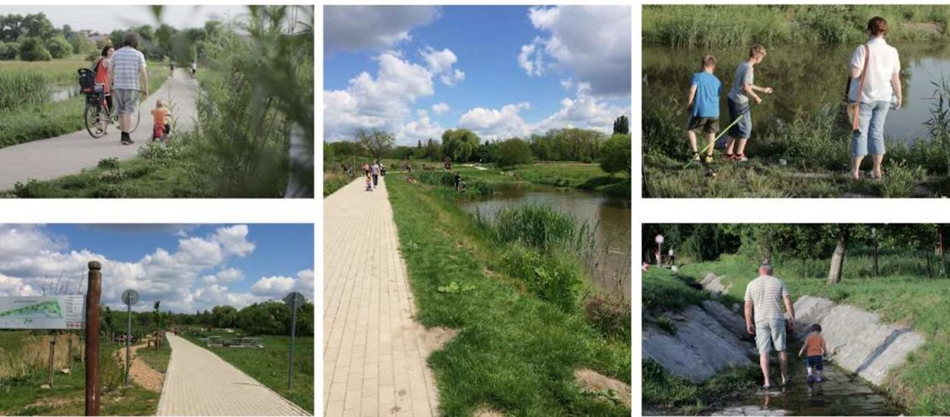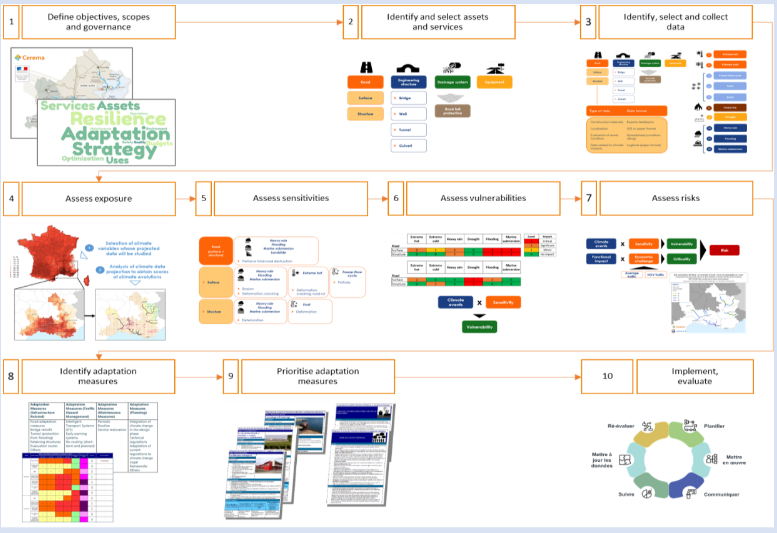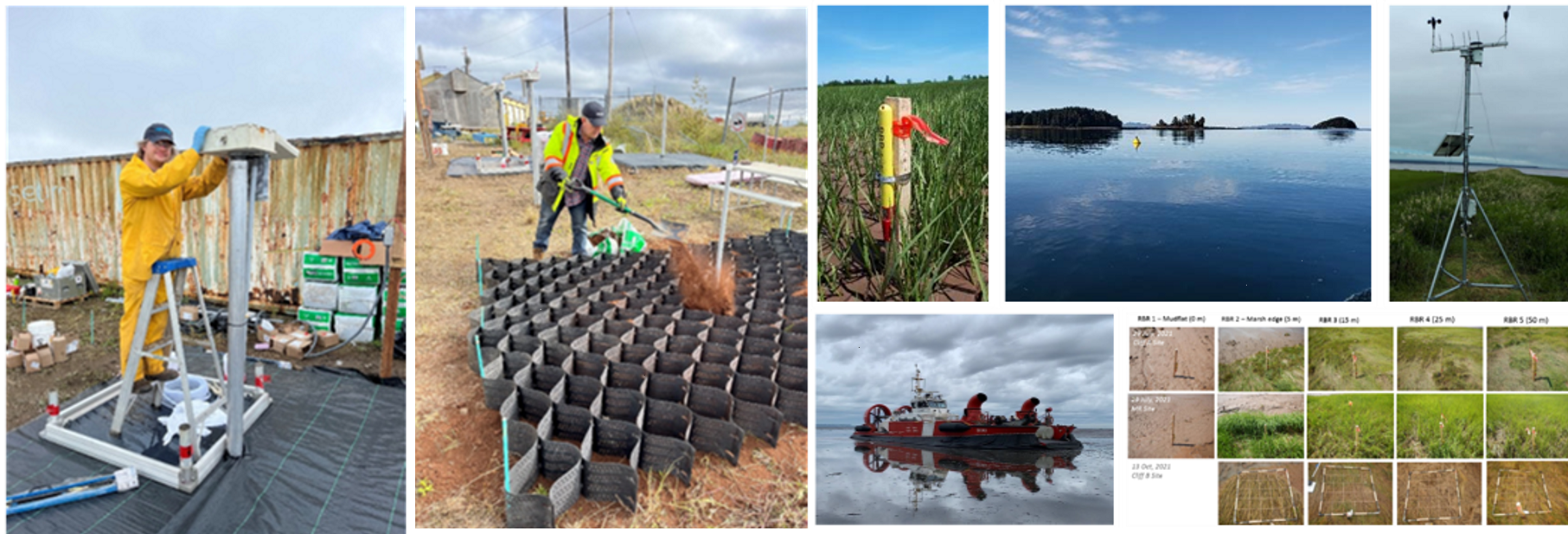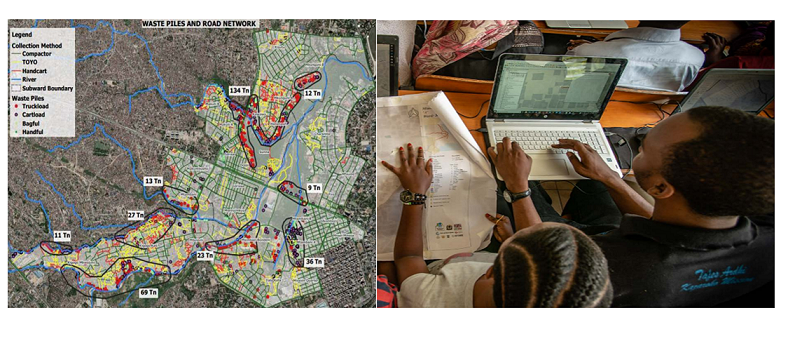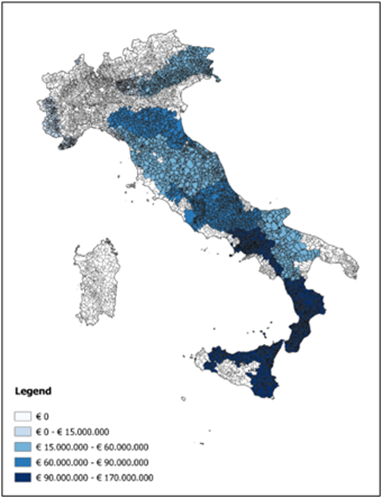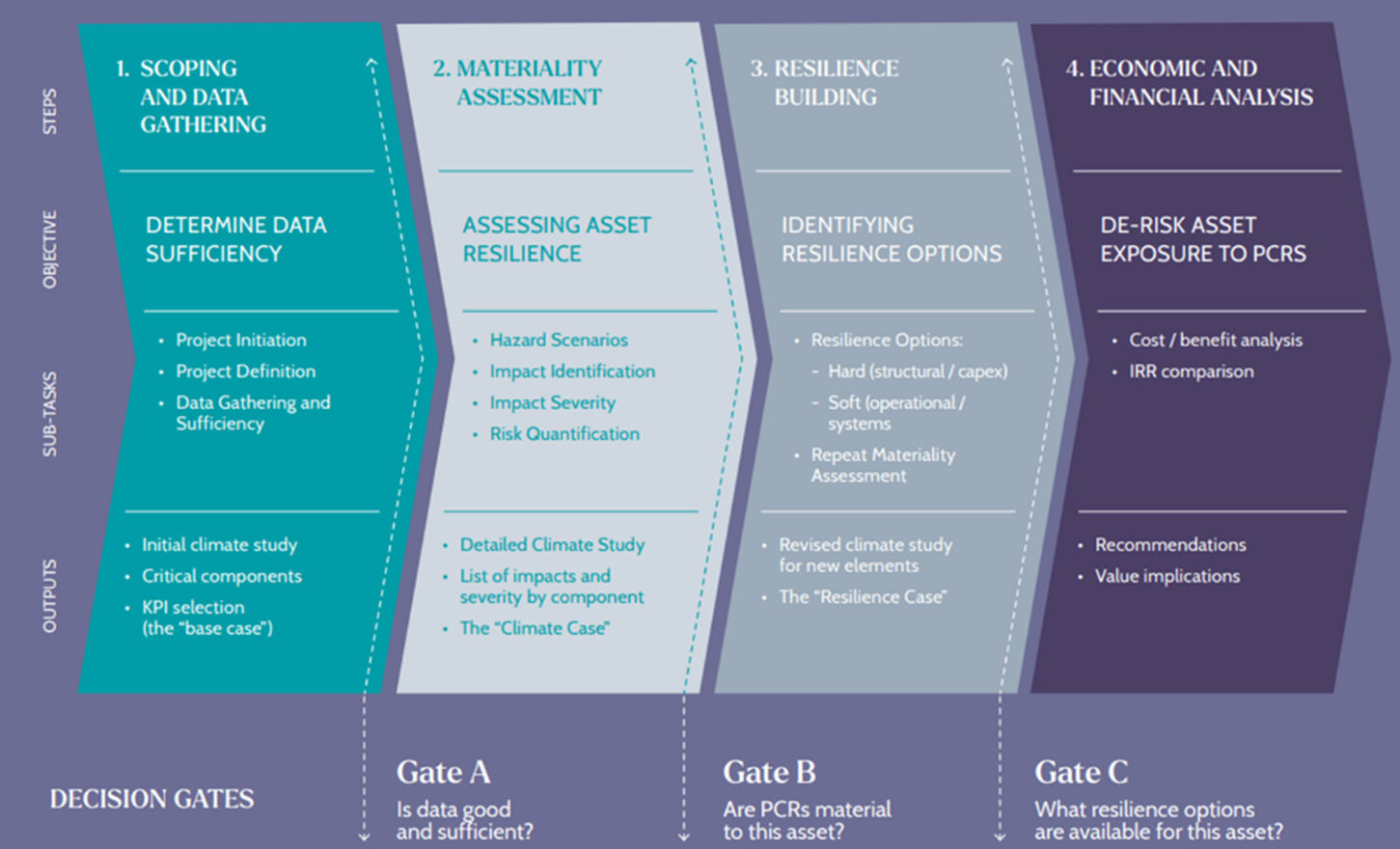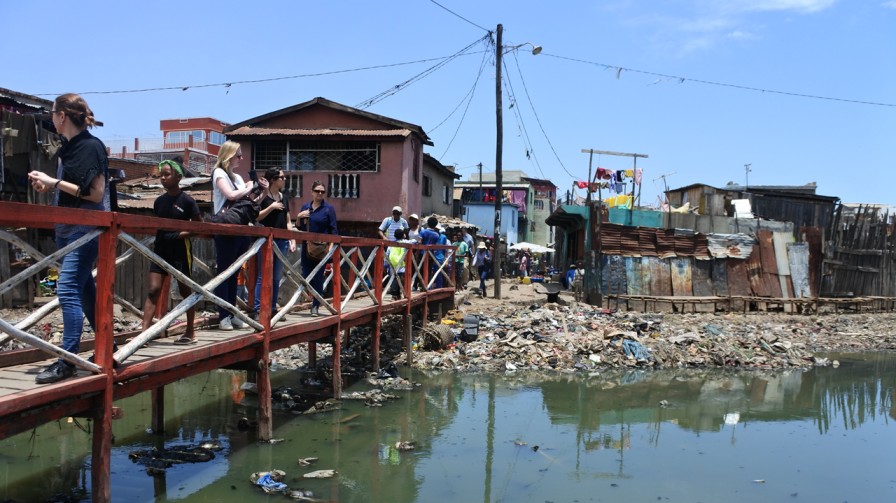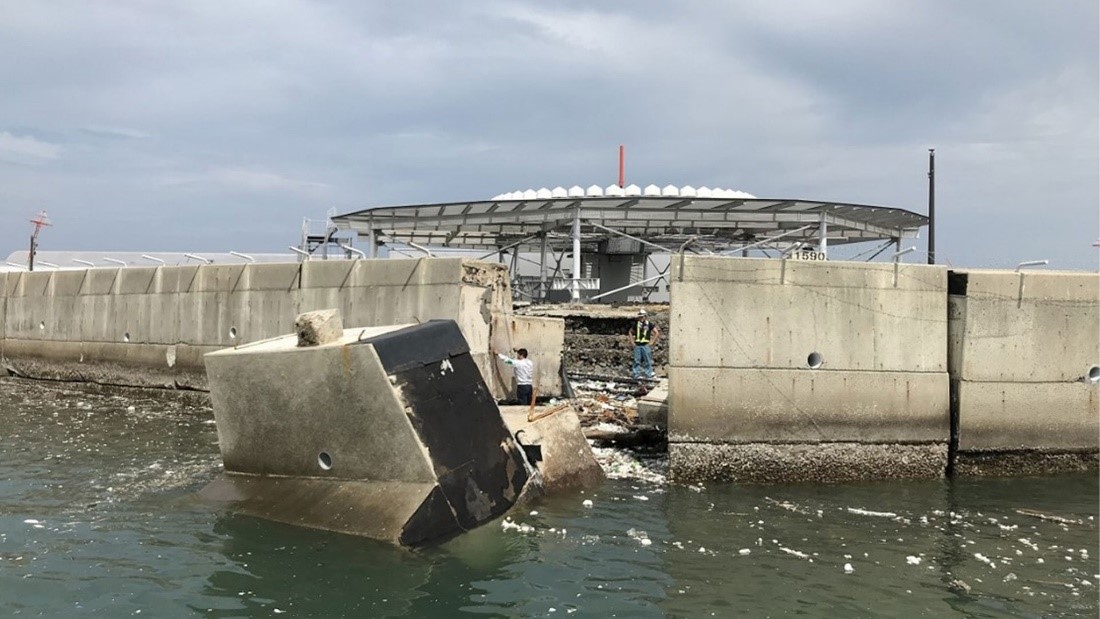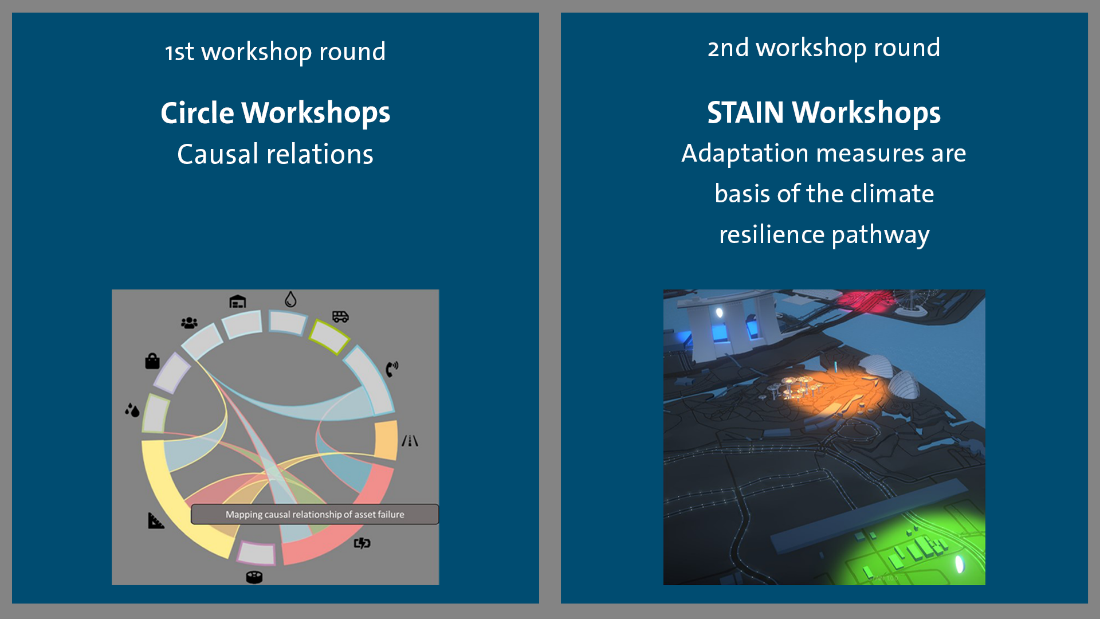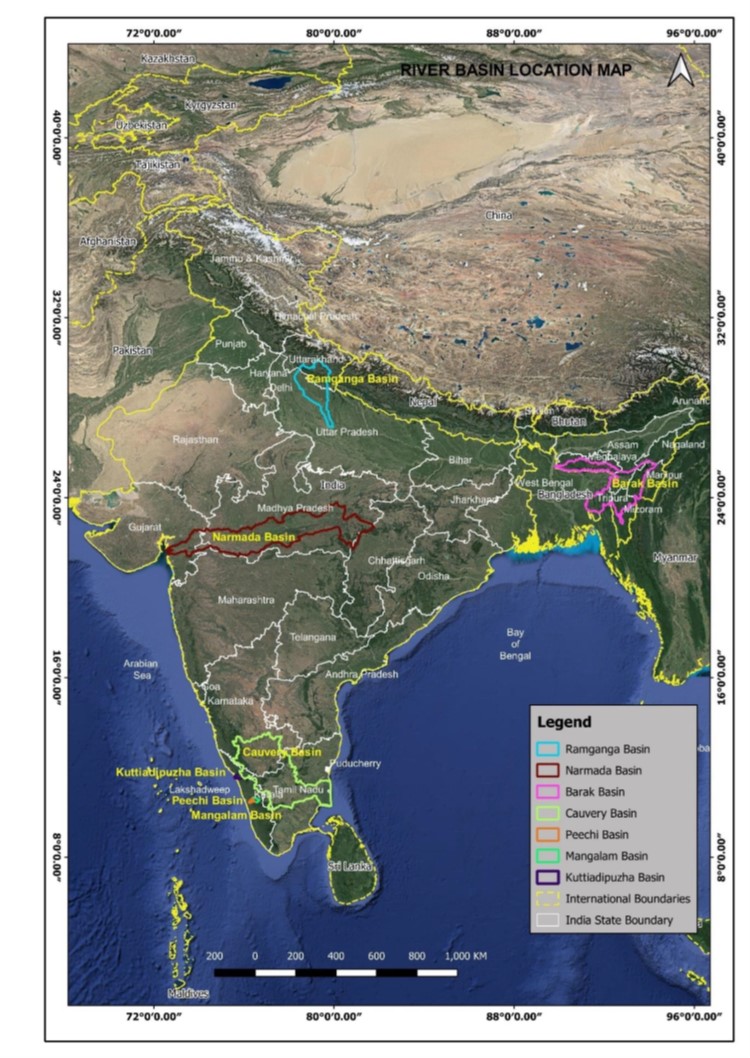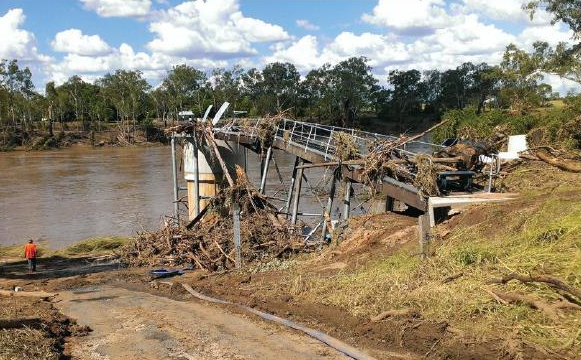 |
 |
 |
Job creation for Syrian Refugees and Jordanian Host Communities through Green Works in Agriculture and Forestry
Introduction
Jordan is one of the countries that is affected the most by the process of desertification. The process has been accelerated by unsupervised management and land use practices such as excessive grazing, soil mismanagement, as well as forest removal in the high rainfall zones. As a result, the amount of water available for each person per year in Jordan dramatically decreased from 3600 m3 /year in 1946 to 135 m3 /year in 2017. Agriculture, in which 25% of Jordan’s poor are engaged, consumes the largest amount of water resources in the country, followed by domestic consumption.
About the Initiative
In 2016 the ILO started a project (subsequently extended) to promote better living conditions for Syrian refugees and Jordanians through increased decent work in the agricultural sector and an improved environmental condition. The project activities were designed with the aim to support the country in combating desertification by way of increasing vegetation cover through planting native trees, removing invasive species, afforestation, and reforestation, and building structures that reduce erosion and landslide around road projects. The project also incorporated soil protection works, terracing, and the installation of irrigation systems. The benefits of these interventions will in time be amassed by poor and local communities, and the income yielded by such beneficial environmental activities will in turn ease the need to exploit the environment.
Learning & Impact
The ILO project aimed to reach the poorest and most vulnerable in Jordan by promoting decent work in the rural sector while simultaneously addressing climate change. It linked decent job generation with infrastructure and environmental asset creation in communities hosting many Syrian refugees in the Governorates of Ajloun, Jarash, Karak, Albalqa, and Tafila (Phase 1) and Madaba, Zarqa, and Ma'an (Phase 2) to provide more and better employment for Syrians and Jordanians while contributing to the development of infrastructure and realizing the agriculture potential of the target areas. Activities included building of water catchments to collect rainwater, soil protection works, terracing, planting, and installation of irrigation systems, and increase of vegetation cover through tree planting to tackle the issue of desertification.
The project had a triple focus: environmental protection, sustainability, and decent work creation and associated conditions through the following:
- increase of green areas through forest trees planting
- creation of public, agricultural, and environmental infrastructure with a long-term positive impact on rural livelihoods (increased agricultural production with productivity gains through water and soil conservation, as well as expansion of arable lands)
- occupational safety and health, worker’s protection, no child labour, and equal pay for work of equal value.
The local ILO team provided technical backstopping and supervised the infrastructure work that was performed by the Ministry of Agriculture as the contracting agency. The project used so-called local resource-based approaches to build and maintain infrastructure, which combined local participation in planning with the utilization of locally available skills, appropriate technology, materials, and labour-based work methods.
The initiative has the following benefits and learnings:
- Dialogue with local partners is key to identify local best practices, then coordinate and reinforce activities (e.g., use of machines to extend terraces, and active delivery of agricultural extension services for farmers).
- The participation of local government entities is critical for implementation and to ensure local ownership and sustainability.
- Technical support and networks are necessary to exchange lessons and to provide peer support, between local directorates for forestry and within farming communities.
- Training and coaching are essential to build local capacity on employment-intensive methodologies, respect do no harm principles, inclusive workplaces, and promoting gender equality, and awareness on occupational health and safety and ensuring widespread implementation and coverage of social security.
- Decent working conditions increase motivation, commitment, and productivity
- The implementation challenges and mitigation strategies are as follows:
- Competition between the two groups (Syrian refugees and Jordanian host communities) was mitigated through social dialogue.
- The required guidance and peer support between local directorates for forestry and within farming communities were ensured through technical support and networks.
The project was developed with an initial investment of about USD 1.77 million (Phase 1) followed by an extension of about USD 2,200,000 (Phase 2). The Phase 1 of the project covered the governorates of Ajloun, Jarash, Karak, Albalqa, and Tafila and in the Phase 2 three new governorates (Madaba, Zarqa, and Ma'an) were added.
